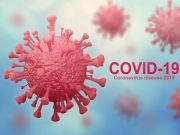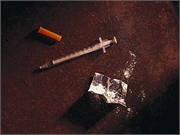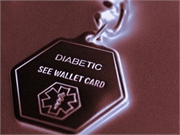
The new coronavirus is not just a physical health threat. The stress, anxiety, fear and isolation that go along with it also take a toll on your mental well-being. “One of the basic tenets of how to manage your mental health in a crisis like this is to ensure that you’re taking care of your… read on >


















